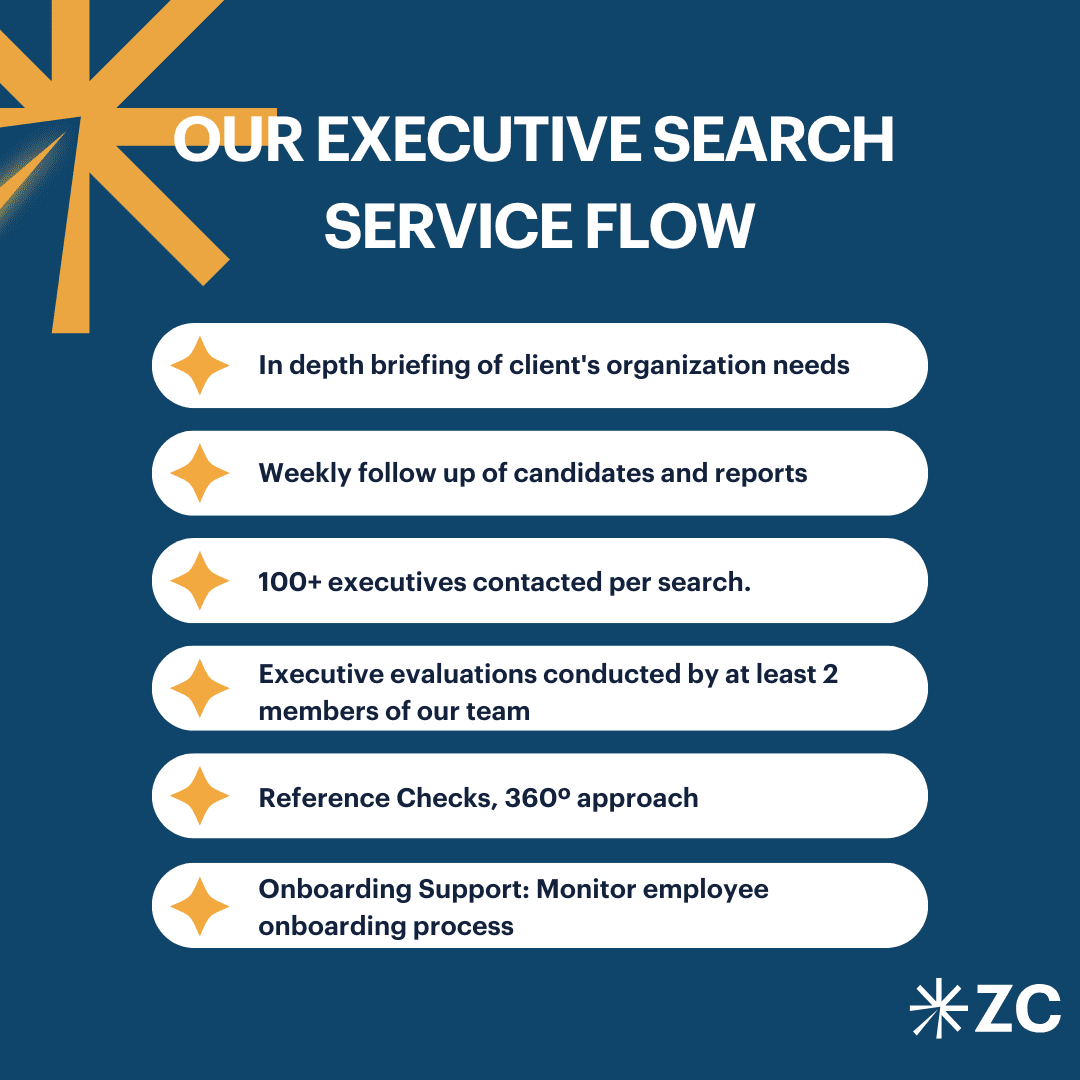The dynamism of China as a global trade giant is based on its strong logistics and supply chain sectors. As per recent reports, China’s logistics industry alone contributes significantly to its GDP with continuous growth expected due to increasing global trade demands. The country is the largest exporter globally exporting electronics, machinery and textiles while being also a major importer of oil and raw materials among others.
Due to this heavy flow, the logistics and supply chain sectors are very important factors that require skilled executives who can navigate them effectively.
The Relevance of Executive Search Specialists
Finding leaders who can effectively manage and innovate in these sectors requires more than just a quick look. It needs understanding that goes deeper into the unique characteristics of China’s market dynamics coupled with the global influence of its trading practices.
It is significant for an executive search firm focusing on logistics and supply chain since it has expertise in identifying candidates who combine strategic vision with practical know-how.
Doing business in China requires understanding rapid technological advancement, transitioning regulatory policies, domestic and international logistics challenges among others. Executives must manage sprawling supply networks which are often affected by global trade tensions or changes in international market demands.
Key Skills for Logistics and Supply Chain Executives
- Strategic Visioning & Innovation: Developing forward-looking strategies that address immediate, short-term as well as long-term logistical & supply chain requirements.
Cultural & Regulatory Navigations: Insight on local regulations as well as cultural intricacies together with ability to function within the Chinese style business world. - Technological Infusion: Proficiency when utilizing technology like AI, blockchain or IoT to optimize efficiency & transparency across the entire value chain.
- Leadership & Stakeholder Management: Strong leadership skills for steering multicultural teams as well as communication effectiveness when dealing with complex stakeholder relationships.
Strategic Approaches to Executive Search in China
- Detailed Market Understanding: Getting an insight of particular needs of the industry while aligning them with firms’ strategic objectives.
- Comprehensive Talent Mapping: Identifying possible candidates who have required knowledge, skills and attitudes that fit within company’s culture & ethics.
- Rigorous Assessment & Selection: Using comprehensive evaluation techniques to assess if the candidates meet the high standards required by executive positions.
- Support & Integration: Offering continuous support as they transition into their new roles seamlessly for continued success.

With its increasing role in global trade, China demands skilled leaders in logistics and supply chain sectors. Companies striving to maintain a competitive edge must invest in high-level executive search to find leaders capable of maneuvering through this complex, constantly changing landscape.
Executive search services help companies to effectively navigate operational hurdles and embrace novel prospects for growth and innovation.






